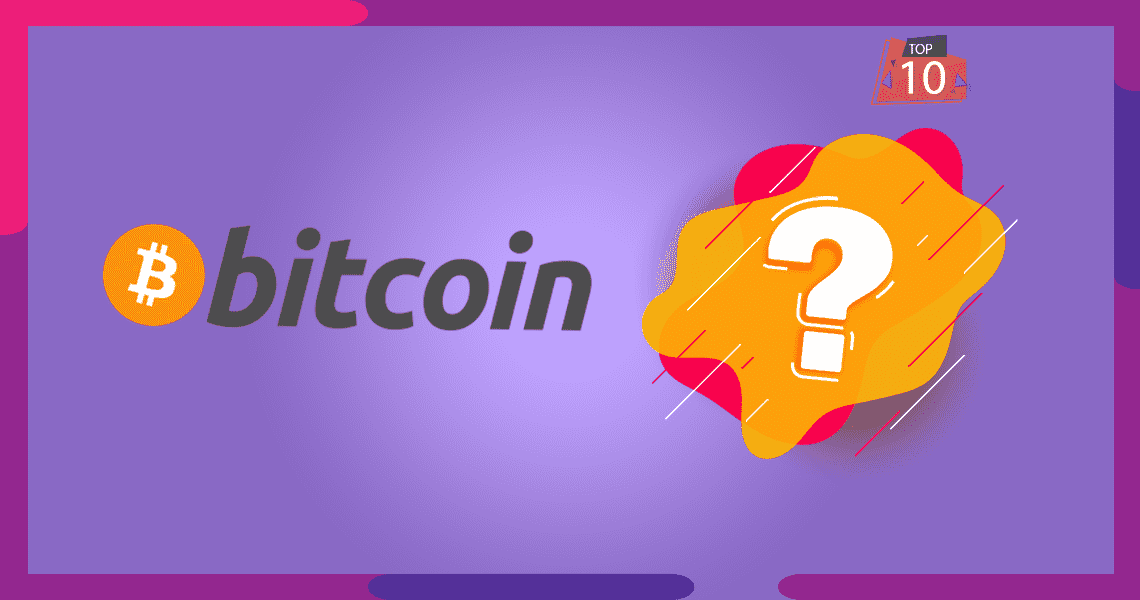
Bitcoin FAQs: Your Comprehensive Guide
Bitcoin, the pioneering cryptocurrency that sparked a financial revolution, continues to intrigue people worldwide. Whether you're new to the world of digital currencies or seeking a deeper understanding, here's a comprehensive guide addressing the top 10 frequently asked questions about Bitcoin.
1. What is Bitcoin?
Bitcoin, introduced in 2009 by an anonymous entity named Satoshi Nakamoto, is a decentralized digital currency. It operates on a peer-to-peer network, allowing users to conduct transactions without intermediaries like banks.
2. How does Bitcoin work?
Bitcoin operates on a technology called blockchain, a distributed ledger that records all transactions across a network of computers. Miners validate transactions and add them to blocks in the blockchain, ensuring transparency and security.
3. How can I acquire Bitcoin?
You can acquire Bitcoin through cryptocurrency exchanges using fiat currency or other cryptocurrencies. Additionally, peer-to-peer transactions and Bitcoin ATMs provide alternative methods for purchasing.
4. What can I do with Bitcoin?
Bitcoin has versatile uses, including online purchases, investments, remittances, and some offline transactions. An increasing number of retailers and businesses accept Bitcoin as payment.
5. Is Bitcoin secure?
Bitcoin's security is based on cryptographic principles within the blockchain, making it highly secure. However, individual security practices, such as using secure wallets and managing private keys, are crucial for user safety.
6. What is Bitcoin mining?
Mining is the process of creating new bitcoins and validating transactions. Miners solve complex mathematical problems, adding verified transactions to the blockchain and receiving new bitcoins as rewards.
7. Is Bitcoin legal?
The legal status of Bitcoin varies across countries. Some fully embrace it, while others have regulations or restrictions. Understanding local regulations regarding Bitcoin is essential.
8. Can Bitcoin be converted into traditional currency?
Yes, Bitcoin can be converted into fiat currency through various cryptocurrency exchanges or platforms, enabling users to cash out their Bitcoin holdings.
9. What is the future of Bitcoin?
Predicting Bitcoin's future is challenging, but its potential as a decentralized currency and store of value has attracted significant attention, contributing to its ongoing global adoption.
10. Is investing in Bitcoin risky?
As with any investment, Bitcoin carries risks. Its price can be volatile, and market fluctuations are common. Researching and understanding risks before investing is crucial.




